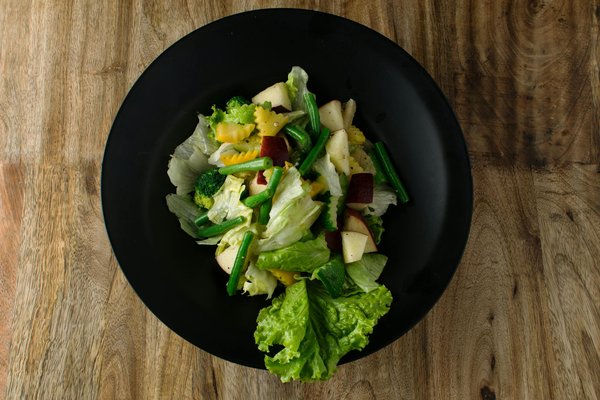Emerging Smart Kitchen Technologies
Smart kitchen appliances are transforming how we prepare food by bringing kitchen automation into everyday routines. These devices integrate seamlessly with other parts of the home, creating a cohesive network of connected devices that streamline cooking and cleanup. For example, smart ovens can adjust cooking times based on recipe data, while refrigerators track inventory and suggest shopping lists.
The role of the Internet of Things (IoT) is crucial in this evolution. IoT kitchens enable appliances to communicate with each other and with users through smartphones or voice assistants, turning traditional cooking spaces into responsive environments. This connectivity allows real-time monitoring, remote control, and personalized cooking experiences tailored to dietary preferences or time constraints.
Artificial intelligence further enhances this ecosystem by automating cooking systems. AI-driven smart appliances learn user habits and optimize meal preparation, reducing waste and increasing efficiency. Together, these technologies not only offer convenience but also promote smarter energy use and better meal planning, fundamentally redefining the kitchen’s role within the modern home.
Sustainability in Modern UK Kitchens
Sustainability is becoming a cornerstone in modern kitchen design, with a clear shift toward eco-friendly kitchens that prioritize both aesthetics and environmental responsibility. One of the key drivers is the adoption of sustainable kitchen materials, such as recycled wood, bamboo, and reclaimed stone. These materials reduce waste and resource depletion while providing durable and attractive surfaces.
Energy efficiency is paramount when choosing appliances. The rise of energy-efficient appliances in UK kitchens reflects a growing awareness of reducing utility costs and carbon footprints. For example, many homeowners now select refrigerators and dishwashers certified with top energy ratings, which consume less power without sacrificing performance. Additionally, water-saving systems, including low-flow taps and smart leak detectors, are increasingly integrated to minimize water waste.
Implementing green design principles impacts kitchen layouts and choices significantly. Eco-conscious consumers and designers favor layouts that maximize natural light and ventilation, reducing the need for artificial lighting and cooling. Furthermore, using non-toxic finishes and paints complements the overall aim to create healthier indoor environments. As demand grows, combining these elements fosters kitchens that not only serve functional purposes but also contribute positively to sustainability goals in UK homes.
Design Shifts and Space Optimisation
Small text
Adapting to modern lifestyles, kitchen design trends UK increasingly emphasize open-plan layouts that merge cooking, dining, and socializing areas. This fluidity creates multifunctional kitchen zones, enhancing usability without expanding the footprint. Homeowners benefit from versatile spaces that support diverse activities, reflecting changing household dynamics.
Space-saving kitchen innovations play a crucial role in optimizing limited areas typical in UK homes. Solutions such as modular units and pull-out storage maximize accessibility while minimizing clutter. These designs allow users to keep essentials organized yet discreet, improving both convenience and aesthetics.
Multifunctional kitchen furniture further elevates practicality. For example, island units may include built-in seating, storage, or appliances hidden behind seamless cabinetry. This integration not only saves space but also maintains a clean, minimalist look. Careful attention to such details ensures the kitchen remains both functional and visually appealing, meeting contemporary demands for efficient, adaptable living environments.
Influential Brands and Industry Leaders
Innovative UK kitchen brands are at the forefront of revolutionizing kitchen spaces by integrating technology and design. Leading kitchen manufacturers have established reputations for blending style with functionality, pushing boundaries through continuous research and product development. Brands such as these prioritize smart integration, sustainability, and user-centric solutions, helping raise the standard across the industry.
Pioneering kitchen innovation case studies reveal how collaboration between designers and technology companies results in groundbreaking products. These partnerships focus on smart kitchen appliances and novel materials that enhance both convenience and efficiency. For instance, manufacturers increasingly incorporate IoT connectivity and AI features, responding to consumer demand for seamless kitchen automation.
Furthermore, influential brands drive trends by showcasing innovative kitchen projects that set new benchmarks. Their efforts encourage competition and inspire smaller companies to adopt advanced technologies. This dynamic ecosystem accelerates the evolution of kitchen design, ensuring that UK homes benefit from the latest developments in connected devices and smart functionality.
